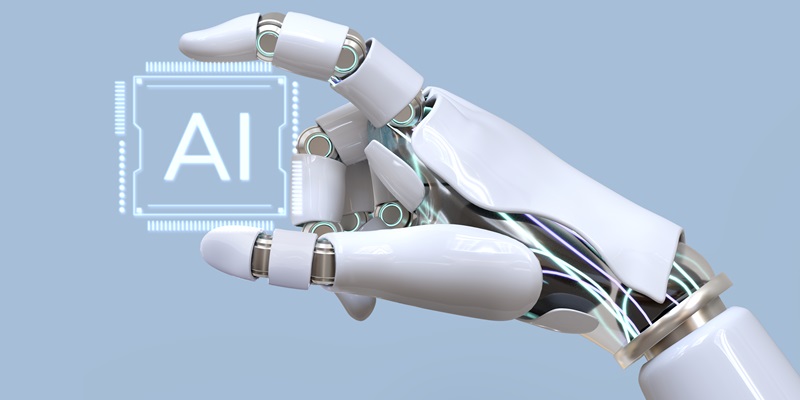With the rapid advancements in artificial intelligence (AI) technology, there is growing concern about biases and prejudices exhibited by these systems. Despite offering immense potential, AI systems often fall prey to the biases inherent in the data they are trained on. In this article, we delve into the core issues surrounding biases in AI systems, exploring the role of human responsibility, the amplification of biases, case studies illustrating these biases, the implications, challenges, and the practicality of addressing them.
AI Systems and Biases
AI systems are designed to analyze vast amounts of data, learn from patterns, and make decisions. However, the underlying data can inadvertently reflect societal biases and prejudices. Consequently, AI systems tend to perpetuate these biases, leading to discriminatory outcomes. The reliance on biased training data is a significant contributor to this problem, as datasets collected from the internet often contain inherent biases.
Human responsibility
While AI systems exhibit biased behavior, the root of the problem lies with humans rather than the technology itself. The bias present in the datasets collected from the internet reflects society’s biases as a whole. Therefore, it is essential to address and rectify these biases during the collection and curation of training data. By recognizing the responsibility humans have in shaping unbiased AI systems, we can work towards mitigating these challenges.
Amplification of biases
AI systems not only reflect existing biases but can also amplify them. These algorithms are used to make critical decisions in various domains, such as employment, healthcare, and politics. When biased algorithms are utilized for such purposes, they can perpetuate societal injustices and exacerbate inequalities. The implications of biased AI algorithms extend far beyond hate speech – they can affect the lives of individuals and social progress as a whole.
Case studies
Amazon’s Hiring System: One stark example of biased AI algorithms is Amazon’s AI-based hiring system. The system consistently displayed gender bias, favoring male candidates for technical positions. This gender disparity highlighted the potential consequences of biased algorithms in areas where diversity and equal opportunities are crucial.
Chatbots and Social Stereotypes: Chatbots are often used as customer service representatives, claiming to be impartial. However, studies have shown that chatbots can be influenced by social stereotypes embedded in the training data. This unintentional infusion of biases raises concerns about fair treatment and effective communication.
Biases in Language Models: Language models such as OpenAI’s ChatGPT and Google’s BERT have exhibited diverse biases, spanning from left-leaning to right-leaning. These biases mirror societal divisions and can influence their outputs, potentially reinforcing preexisting beliefs and opinions.
Implications and challenges
The implications of biased AI algorithms are far-reaching. Decisions made based on these algorithms can perpetuate injustices, reinforce stereotypes, and hinder progress towards a fair and inclusive society. Addressing these biases presents complex challenges, such as defining and measuring fairness, ensuring diverse and representative training datasets, and establishing ethical guidelines for AI development and deployment.
Practicality and Limitations
Striving to eliminate bias entirely from AI systems may prove impractical, as bias and prejudice are deeply entrenched in society. However, it is crucial to mitigate biases to the extent possible, ensuring that AI systems are designed with transparency, accountability, and fairness in mind. By continuously monitoring and improving training data, refining algorithms, and including diverse perspectives in AI development, we can make significant progress in creating unbiased AI systems.
Biases in AI systems pose significant challenges that require our immediate attention. By acknowledging the root causes of biases, amplification effects, and their implications, we can work towards promoting fairness, inclusivity, and ethical decision-making in AI development. As AI continues to shape our society, it is imperative to address biases responsibly, adopting mechanisms that actively counteract prejudices and promote impartiality. Only then can we harness the true potential of AI for the betterment of humanity.

